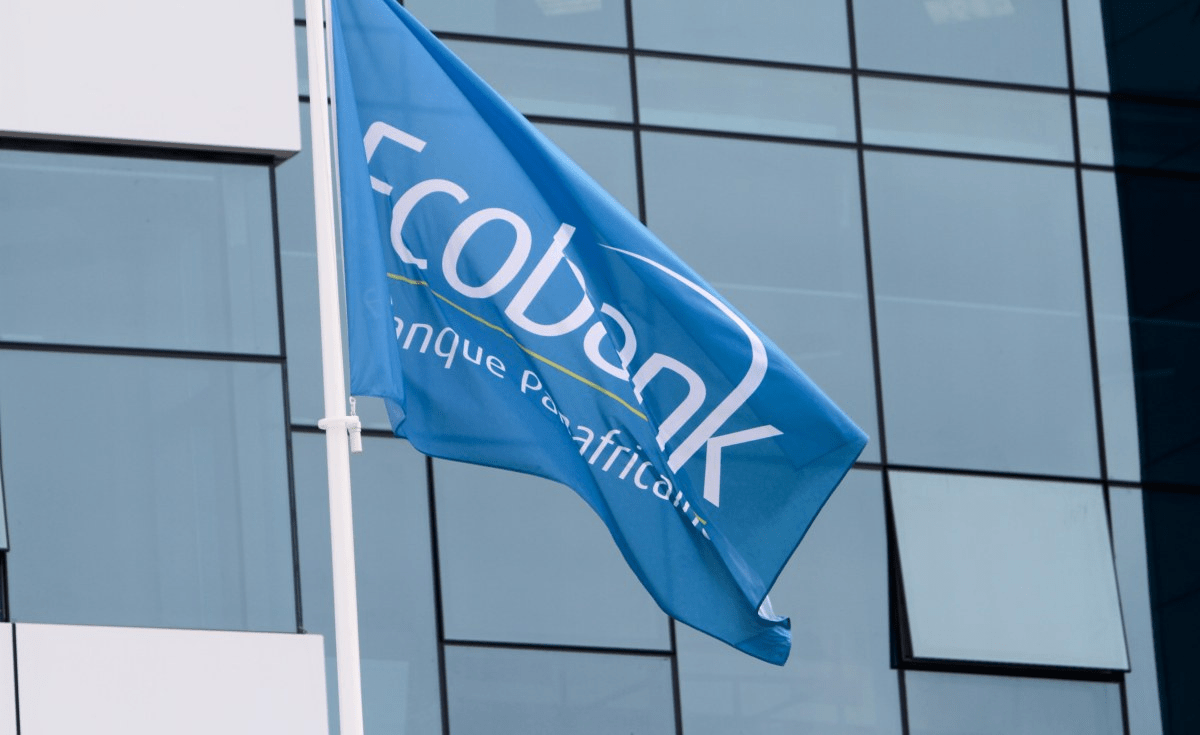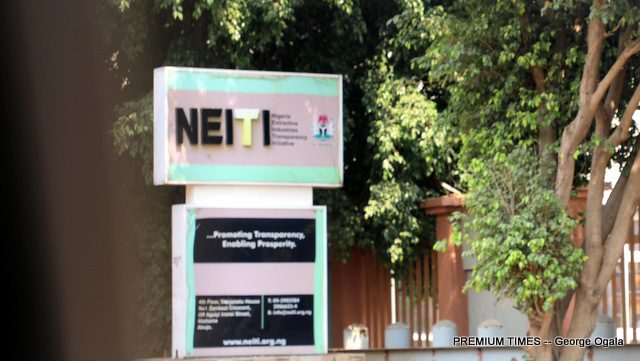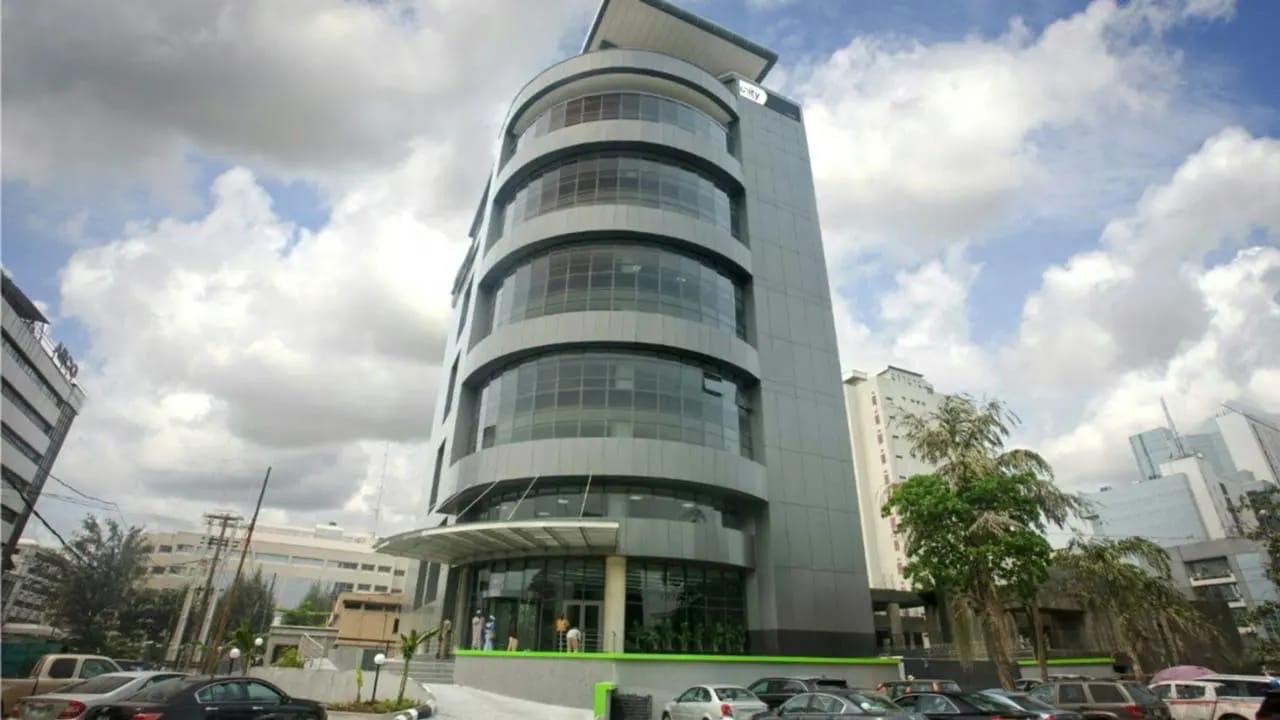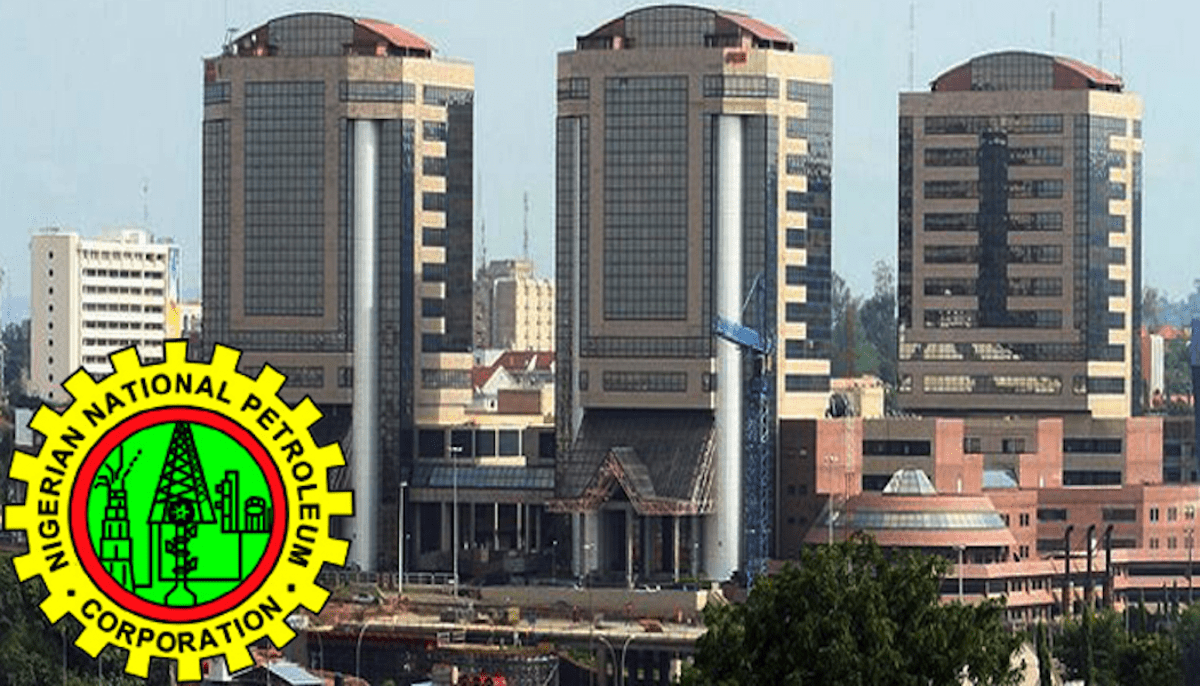Emma Okonji
IHS Nigeria, part of the IHS Holding Limited, one of the largest independent owners, operators, and developers of shared communications infrastructure in the world by tower count, yesterday in Lagos, released its 2023 and 2024 Impact Report, which disclosed how the company spent N5.4 billion on over 160 projects implemented across all states and several local government areas in Nigeria.
According to the report, the project implementation covered education and economic growth; environment and climate change; people and communities; ethics and governance, from 2023 to 2024.
The report also highlighted IHS Nigeria’s continued commitment to foster a more sustainable and prosperous future for Nigeria, and covered sustainability and community impact activities from January 1, 2023, to December 31, 2024.
During the period, IHS Nigeria continued to contribute towards the United Nations Sustainable Development Goals and execute IHS Towers’ four-pillar sustainability strategy – focusing on ethics and governance, environment and climate change, education and economic growth, as well as people and communities, which IHS Nigeria seeks to align with the Renewed Hope Agenda of the Nigerian government, the report stated.
According to the report, under education and economic growth, IHS Nigeria supported the construction and operation of the Ilorin Innovation Hub, expected to be the largest innovation centre in Nigeria, and other hubs in Ogbomosho in Oyo State and Alimosho in Lagos State; partnered with the Ministry of Communication and Digital Economy on the 3 Million Technical Talent (3MTT) initiative to help train more than 100,000 Nigerians in digital skills; welcomed 10 Nigerian educators to the 12-month Limitless Global Educator Programme, in partnership with the Limitless Space Institute, and helped facilitate a visit to the NASA Space Center; partnered with UNICEF Nigeria to support 956 schools across the country with school connectivity, 421 of which were successfully connected to the internet, enabling them to access the Nigerian Learning Passport under the UNICEF GenU initiative.
Under environment and climate change, IHS Nigeria planted and nurtured 4,000 trees across the country; installed 144 solar streetlights in communities across eight states, benefiting approximately 23,990 residents by helping improve security; fitted 6,747 tower sites with hybrid power solutions to reduce dependency on diesel.
On people and communities, IHS Nigeria constructed nine medical oxygen plants in Bauchi, Ogun, Cross River, Kano, Yobe, Oyo, Kaduna, Ebonyi, and Rivers states to help strengthen lifesaving oxygen supply in hospitals, benefiting up to approximately 90,000 patients so far, according to UNICEF estimates; partnered with the Nigeria Solidarity Support Fund in Cross River State to vaccinate over 10,000 children.
Under ethics and governance, IHS Nigeria supported 11 research publications through the Telecommunications and Technology Sustainability Working Group.
Giving insight to the report, CEO, IHS Nigeria, Mohamad Darwish, said: “As a business, our focus is not only on providing the connectivity that powers this economy, but also on making a lasting impact in the communities we serve.”
Chief Corporate Services Officer, IHS Nigeria, Dapo Otunla, said: “We believe in the power of the community and in empowering our people to help them unlock their full potential. Our interventions cut across the six geopolitical regions in Nigeria, as we seek to help pave the way for socioeconomic development and ensure that all Nigerians, regardless of their location, benefit from a better quality of life.”






